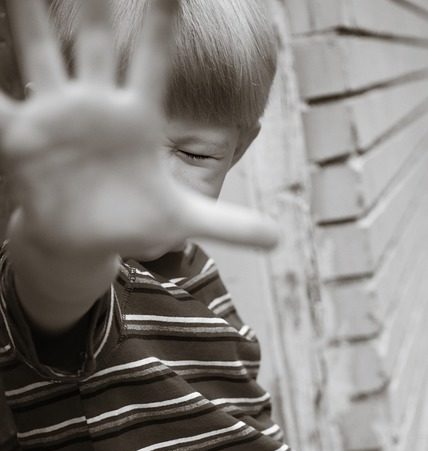Seven Questions You Need to Ask on Back-to-School Night
 With the new school year upon us, parents will be attending a back-to-school night at their child’s school. Many ask us, “What questions should I be asking?” Here are seven you might explore with your child’s teachers and principal. Read more ›
With the new school year upon us, parents will be attending a back-to-school night at their child’s school. Many ask us, “What questions should I be asking?” Here are seven you might explore with your child’s teachers and principal. Read more ›


 In every classroom, teachers try to engage students who have a variety of temperaments: extroverts, introverts and ambiverts. They work with children who crave sensory stimulation and with those who are
In every classroom, teachers try to engage students who have a variety of temperaments: extroverts, introverts and ambiverts. They work with children who crave sensory stimulation and with those who are 
 Bullying is more common than we may like to admit. Sometimes you have a group of students who are constantly having problems with each other. You try everything and nothing seems to work.
Bullying is more common than we may like to admit. Sometimes you have a group of students who are constantly having problems with each other. You try everything and nothing seems to work.
 written by CHC staff member Mike Navarrete
written by CHC staff member Mike Navarrete
 Children with a fixed mindset believe that intelligence is fixed at birth and doesn’t change or changes very little with practice. These students see school as a place where their abilities are evaluated, they focus on looking smart over learning, and they interpret mistakes are a sign that they lack talent. Children with a growth mindset believe that intelligence can be developed. These students see school as a place to develop their abilities and think of challenges as opportunities to grow.
Children with a fixed mindset believe that intelligence is fixed at birth and doesn’t change or changes very little with practice. These students see school as a place where their abilities are evaluated, they focus on looking smart over learning, and they interpret mistakes are a sign that they lack talent. Children with a growth mindset believe that intelligence can be developed. These students see school as a place to develop their abilities and think of challenges as opportunities to grow.
 Navigating love and relationships can be difficult at any age, but especially so in the angsty teenage years. Budding romances can be fun and exhilarating but also confusing and uncomfortable. In these moments of confusion, teens often turn to friends or the internet for advice. But what if teens were trained with other options? What if lessons in love and romance were taught more explicitly in schools and at home?
Navigating love and relationships can be difficult at any age, but especially so in the angsty teenage years. Budding romances can be fun and exhilarating but also confusing and uncomfortable. In these moments of confusion, teens often turn to friends or the internet for advice. But what if teens were trained with other options? What if lessons in love and romance were taught more explicitly in schools and at home? 
 It’s natural for parents to do whatever they can to keep their children safe and healthy, but children need space to learn and grow on their own, without Mom or Dad hovering over them, according to new research published by the American Psychological Association. The study, published in the journal
It’s natural for parents to do whatever they can to keep their children safe and healthy, but children need space to learn and grow on their own, without Mom or Dad hovering over them, according to new research published by the American Psychological Association. The study, published in the journal 



